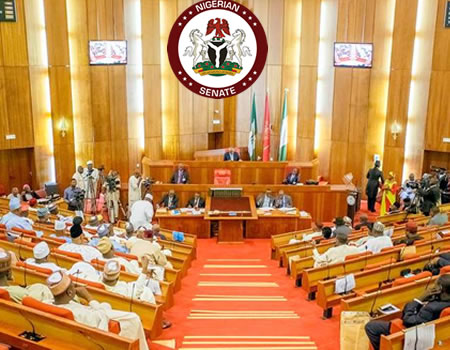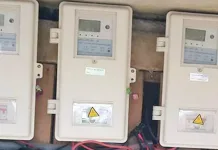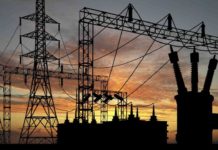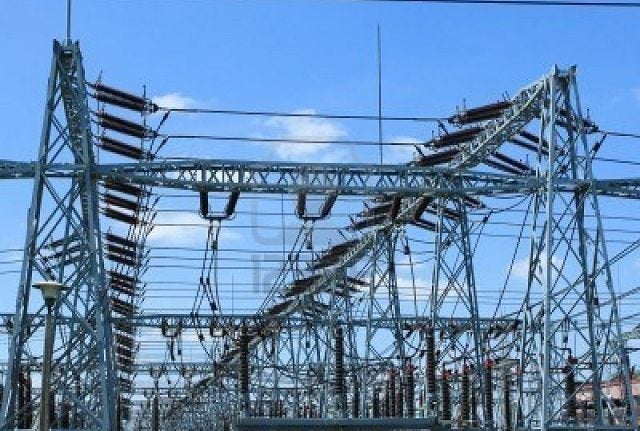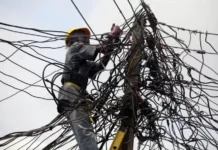The Nigerian Electricity Regulatory Commission’s (NERC) decision to the increase electricity tariffs for customers enjoying 20 hours of power supply affected many Nigerians.
Truth be told, many Nigerians are totally against this increase, in fact, those who are bold enough have called for its reversal.
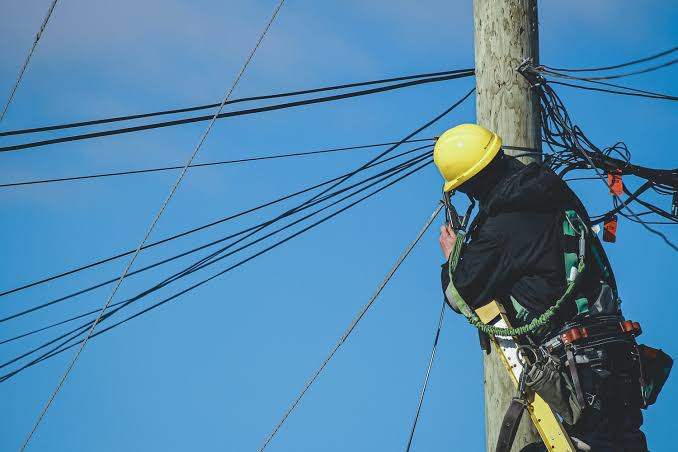
Even electricity workers are not happy about it, or could it be that they are afraid of what the future holds for them?
The leadership of the National Union of Electricity Employees (NUEE) has condemned the increase in electricity tariffs.
The Classification
The Commission said customers in this category under the Band A classification, and the increase will see them pay 225 Naira kilowatts per hour instead of the current 66 Naira.
Aside being electricity workers, these people are also citizens of Nigeria, meaning, if any of them fall under the affected category, then they have no choice.
Now, consider what happens if their bill is deducted from their salaries.
The workers spoke via a statement on Sunday signed by its National President, Adebiyi Adeyeye.
The NUEE demanded a reversal of the recent increase in electricity tariff.
Electricity Subsidies
The union stated that it would not hesitate to withdraw its members, which would be used by distribution companies to impose the new tariffs if the hike was not reversed.
NUEE said the tariff hike would disproportionately affect those who rely heavily on electricity for their daily needs.
It added that the shift in pricing dynamics threatens to further expose inequalities among Nigerians.
This is by placing undue strain on the less privileged.
Furthermore, Adeyeye argued that there was nothing wrong with the government subsidising electricity.
This is especially as the leadership of advanced countries also subsidised electricity for people.
Renewable Energy
The statement partly read: “It’s not out of place to have the government subsidise electricity. In some advanced countries, they still do that till now.
“Germany, for example, has a long history of supporting renewable energy resources through feed-in tariffs.
“The subsidy is paid based on the amount of electricity produced, and it helps to offset the initial cost of installing renewable energy systems.
“Also, the United States has various programs that provide subsidies to low-income households to help them afford their electricity bills.
“These programmes are typically administered by state and local governments.
“They can take the form of direct bill discounts or assistance with weatherization measures that can help reduce energy consumption.
Strong Action
“The recent electricity tariff hike is a blatant disregard for the economic struggles of Nigerian workers.
“Not even in a society where minimum wages are ambivalently doubtful.
“If the government fails to address the crippling cost of electricity, NUEE will not hesitate to take strong action.
“This includes the swift withdrawal of our members expected to be used by DISCOs to impose the tariff hike on the good people, to protect the livelihood of our members.
“I, however, call upon all Nigerians to join us in raising our voices against this injustice.
“Together, we can force the government to prioritise the well-being of its citizens over corporate interests.
You May Like: Electricity Tariff: How Increase Will Worsen Economic Hardship
“Our unwavering commitment remains to safeguard the interests of our members and ensure equitable access to electricity for all Nigeria”.

